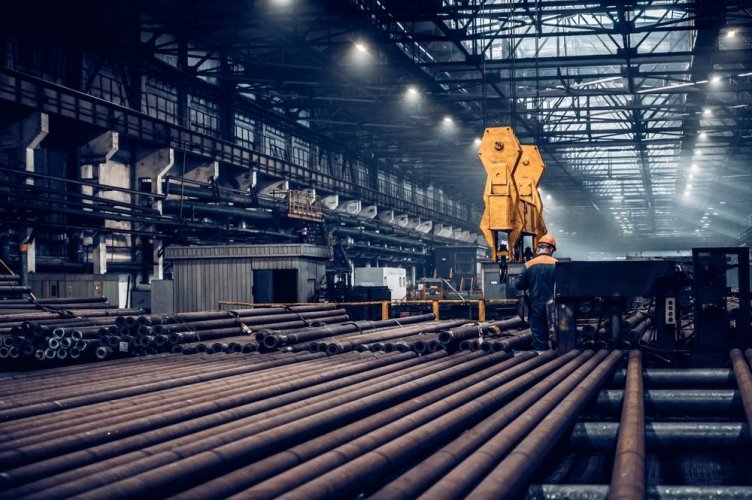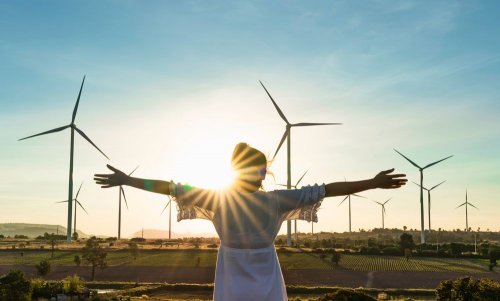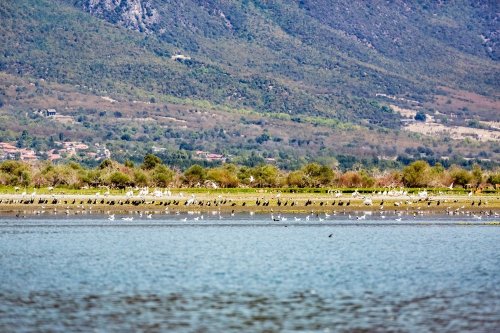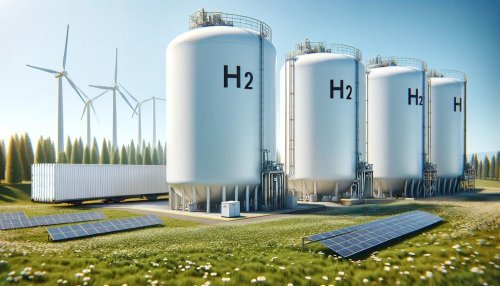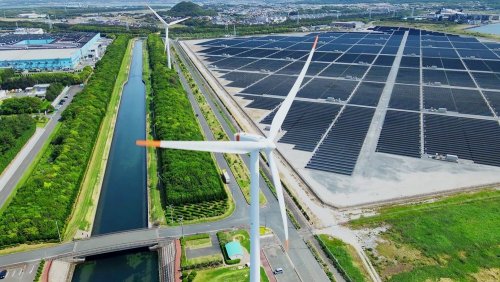The European steel industry, in particular ferrous and non-ferrous, initiated the process of creating its own Transition Pathway in cooperation with the European Commission.
This will ensure the sustainability of the industry during the EU's green and digital transition, says the press release of the European Steel Association EUROFER.
It is noted that the Transition Pathway will create several strategic value chains at the core of the green technology economy.
The press release explained that as other regions of the world are also transitioning to a more digital and greener economy, the demand for metals is growing rapidly. Metals began to be classified as critical resources for green and electronic technologies.
EUROFER emphasized that steel and a number of non-ferrous metals such as aluminium, copper, nickel, zinc and lithium are indispensable components of this transition. After all, they are necessary for the production of electric cars, wind, solar and hydrogen technologies, etc. Europe must ensure a secure and stable metal supply to meet its 2030 clean energy targets.
The press release added that the stability of the metallurgical industry is a key factor in the strategic autonomy of the EU. The industry also creates 800,000 direct jobs and more than 5 million indirect jobs.
It is noted that the Transition Pathway will outline:
- the main challenges of the industry;
- investments necessary to overcome them;
- political frameworks and conditions are needed to encourage these investments.
EUROFER added that work on the Transition Pathway is planned to be completed by the end of March 2024.
"The faster Europe decarbonises, the greater its needs for metals. We are excited to work with the European Commission on a transition pathway for metals that will bring all stakeholders to the table to address future security and sustainability challenges. Our industry is committed to supplying more metals, that Europe needs for batteries, renewable energy technologies and networks, while decarbonising, recycling more and constantly reducing our environmental footprint. Achieving this ambition requires a more comprehensive EU industrial policy," said Eurometaux CEO Guy Thiran.
It is noted that Transition Pathway have already been created for the chemical and tourism sectors of Europe.
Earlier, EcoPolitic wrote, that EU steel companies have announced the receipt of €8.7 billion in grants or other state aid for the implementation of their decarbonization projects within 8 months of 2023.
As EcoPolitic previously reported, head of the environmentally friendly steel department of Primetals Technologies, Oleksandr Fleishanderl, stated that the complete abandonment of fossil fuels and maximum electrification is the first step for decarbonization of the steel industry, however, there is no universal solution for the production of green steel .

